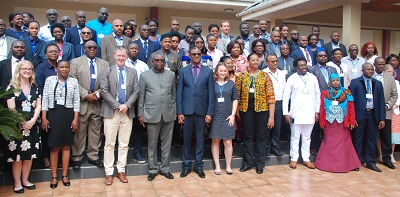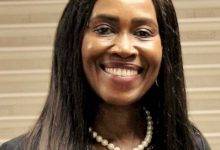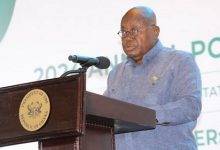
The World Health Organisation Regional Office for Africa (WHO-AFRO) has opened a five-day workshop on building capacity of African countries in health financing for Universal Health Coverage (UHC).
The meeting, primarily focused on increasing knowledge sharing while identifying practical health financing concepts towards cost-effectiveness in the sector, has participants drawn from about 23 countries in the region.
It is also to among others, equip members on how to use the World Health Organisations (WHO) choice tools that evaluates the effectiveness of health interventions, strategic purchasing for UHC and the usefulness of the WHO health technology assessment tool in priority setting and decision making processes.
WHO Country Director, Dr Owen Kaluwa, in an address observed the absence, and in other cases, ineffective financing mechanisms for affordable and quality healthcare as key impediment to achieving UHC on the continent.
He thus argued the need for countries to adopt “strategic purchasing” where funding is aligned with direct health benefit packages to derive much value from money invested to promote service quality, equity and achieve better health outcomes.
“Purchasing health services in a strategic fashion requires resources to be allocated efficiently, taking into account the burden of disease, levels of unmet health needs and the performance of service providers in order to support progress towards health system goals and objectives,” he stated.
Dr Kaluwa, in lauding Ghana for taking the lead in health financing with its National Health Insurance Scheme (NHIS), urged for improvement in areas of enrollment, wider coverage and efficiency to address the needs of the population.
The Deputy Minister of Health, Alexander Kom Abban, noted the timeliness of the capacity building to accelerate progress for UHC taking into consideration the varied health needs of member countries.
Making reference to key challenges to achieving UHC including insufficient funding, inefficiency and reliance on out-of-pocket payments as stated in a latest WHO report, Mr Abban indicated Ghana’s resolve to re-look at the subsidy base of its NHIS for improved outcomes.
With a roadmap developed to guide the country’s efforts to achieve UHC by 2030, the Deputy Minister assured that the “Ministry of Health (MoH) commits to avail minimum package of health services throughout the country with services identified in the UHC package of health care, interventions and services by 2030.
“The provision of services that are listed in the UHC package shall be the MoH’s key social contract for all people in Ghana,” he pledged.
UHC hopes to ensure that all people have access to needed health services (including prevention, promotion, treatment, rehabilitation and palliation) of sufficient quality to be effective while also ensuring that the use of these services does not expose the user to financial hardship.
Universal health coverage has therefore become a major goal for health reform in many countries and a priority objective of WHO.
BY ABIGAIL ANNOH






